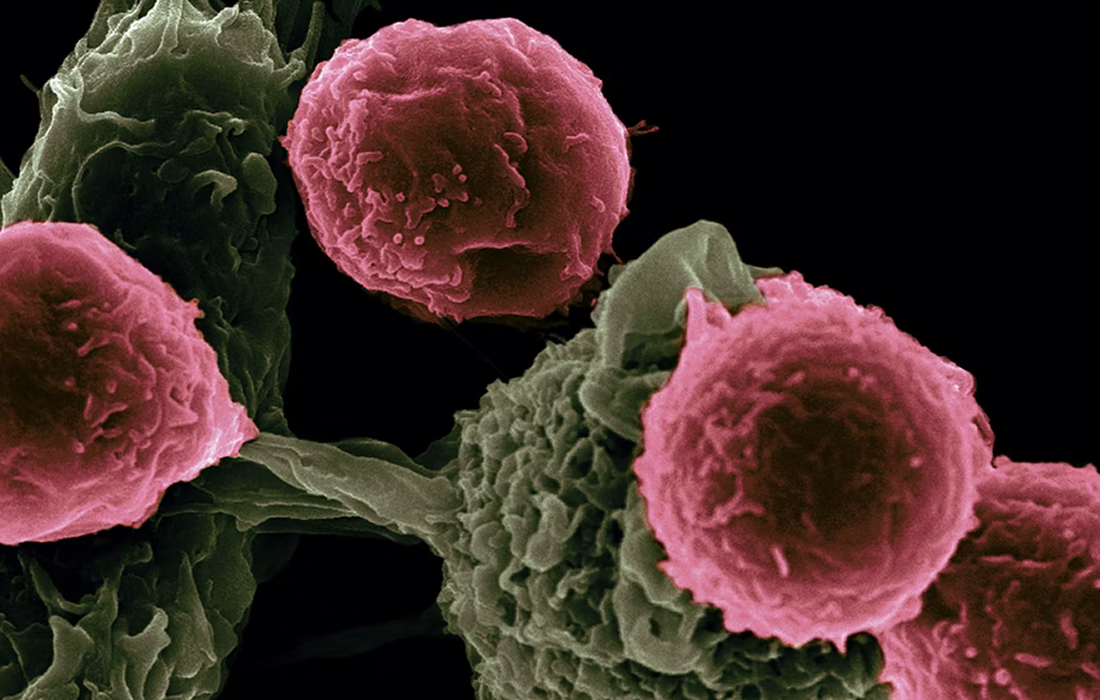Regenerative Medicine News and General Information
Common Gastric Infection Causes Tissue Changes Increasing Cancer Risk
The bacteria Helicobacter pylori infects the stomach and it causes gastric inflammation, increasing the risk of stomach cancer.
Several studies have shown that the prevalence of H. pylori is still high in most countries. In north European and North American populations, about one-third of adults are still infected, whereas, in south and east Europe, South America, and Asia, the prevalence of H. pylori is often higher than 50%.
A team of researchers from Charité Universitätsmedizin Berlin and the Max Delbrück Center for Molecular Medicine (MDC) have been able to elucidate characteristic changes that occur inside the gastric glands during the infection.
They have discovered a mechanism that, by restricting cell division in healthy stomach tissue, protects the stomach against cancerous changes. However, this mechanism can be deactivated by inflammation, enabling cells to grow in an uncontrolled manner. The findings appear in the journal Nature Communications.
The BMP Signaling Pathway
In order to minimize the need for animal models, the team developed special organ-like tissue microstructures known as organoids. The researchers used these microscopic stomachs to recreate many of the gastric glands’ characteristics.
They discovered that stromal cells, which are cells that surround gastric glands, are not only responsible for the mechanical stability of the glands but instead, produce various signaling molecules which significantly influence the behavior of the gland cells.
These stromal cells surrounding the gland base inhibit the BMP signaling pathway, stimulating the proliferation of nearby stem cells. In contrast, stromal cells at the gland surface were found to activate the signaling pathway, thereby suppressing cell proliferation.
What H. pylori infection does is that it causes the release of pro-inflammatory substances such as interferon-gamma, interfering with the BMP signaling axis causing less activity and stimulating gland stem cell proliferation, causing hyperplasia, a precancerous lesion.
This represents a new treatment target, both for the prevention of cancer and regenerative medicine according to the researchers.
Sources:
Marta Kapalczynska, et al. BMP feed-forward loop promotes terminal differentiation in gastric glands and is interrupted by H. pylori-driven inflammation. Nature Communications, 2022; 13 (1) DOI: 10.1038/s41467-022-29176-w
Charité – Universitätsmedizin Berlin. “Gastric inflammation: How a bacterial infection causes tissue changes.” ScienceDaily. ScienceDaily, 20 April 2022. <www.sciencedaily.com/releases/2022/04/220420133546.htm>.
Eusebi LH, Zagari RM, Bazzoli F. Epidemiology of Helicobacter pylori infection. Helicobacter. 2014 Sep;19 Suppl 1:1-5. doi: 10.1111/hel.12165. PMID: 25167938.
Image from:
Photo by National Cancer Institute on Unsplash

